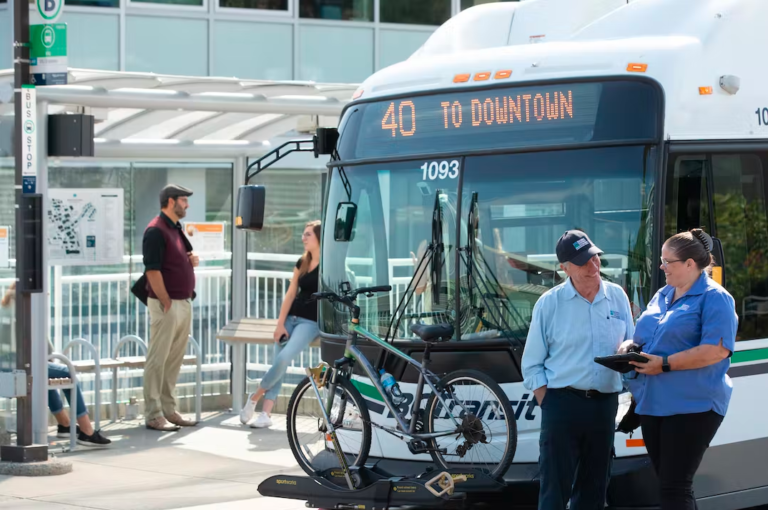The objective of this research is to develop analytical models to evaluate the feasibility of flexible transit as an alternative to regular bus services. North American bus transit agencies are challenged with low ridership trends especially in rural and urban areas with particular socioeconomic characteristics. Under low demand conditions, the operational costs per passenger for maintaining a regular bus service increase significantly. An alternative approach is to replace regular bus service with a flexible transit service to reduce the operational costs. Flexible transit is an on-demand service with limited number of stops and flexible schedule which can be delivered by different fleet types (e.g. gas, diesel or electric operated) and operating schemes (e.g. in-house or contract-out). However, flexible transit service may result in increased passenger wait times, total travel time, and delay. Analytical cost models are developed based on simple assumptions for different service delivery schemes to describe the operational and user costs as a function of annual ridership. The proposed models enable determining the critical values of annual ridership to switch from regular bus service to a flexible transit service, and vice versa. The required data for this research such as bus ridership statistics and network characteristics are provided by the City of Regina.
